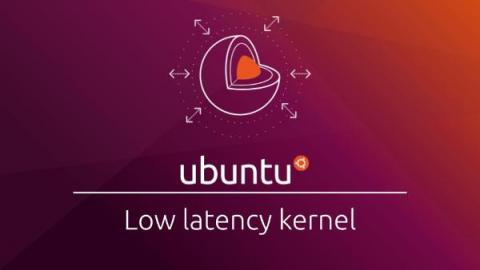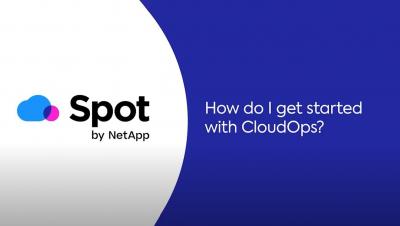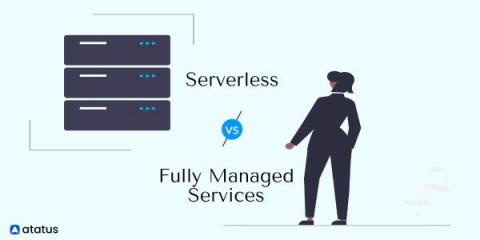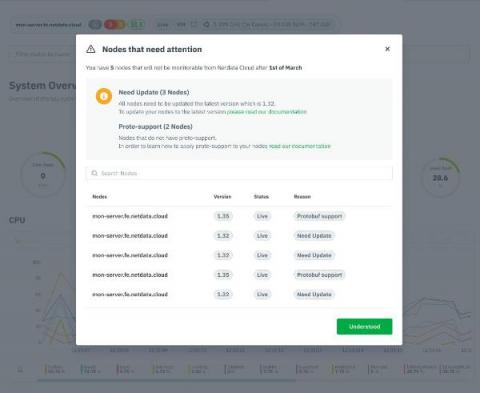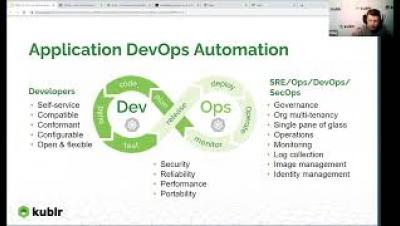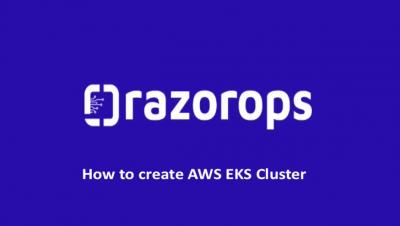Low latency Linux for industrial embedded systems - Part I
Welcome to this mini blog series on the low latency Linux kernel for industrial embedded systems! The real-time patch, which is not fully upstream yet, has had many developers wonder about stable alternatives for their projects adopting an embedded Linux operating system (OS) with latency requirements in the milliseconds’ range. The low-latency Ubuntu Linux kernel from Canonical is less costly to maintain than real-time alternatives.


